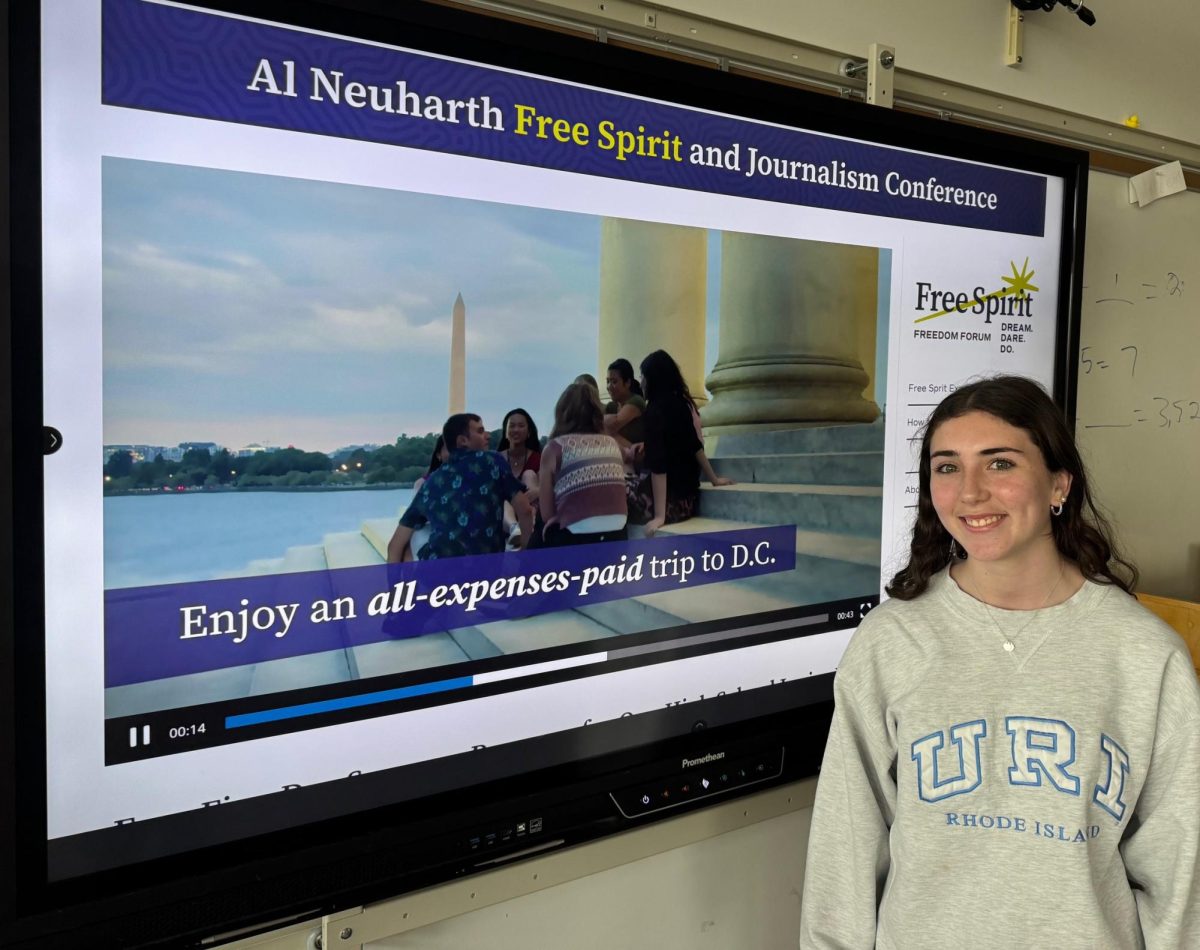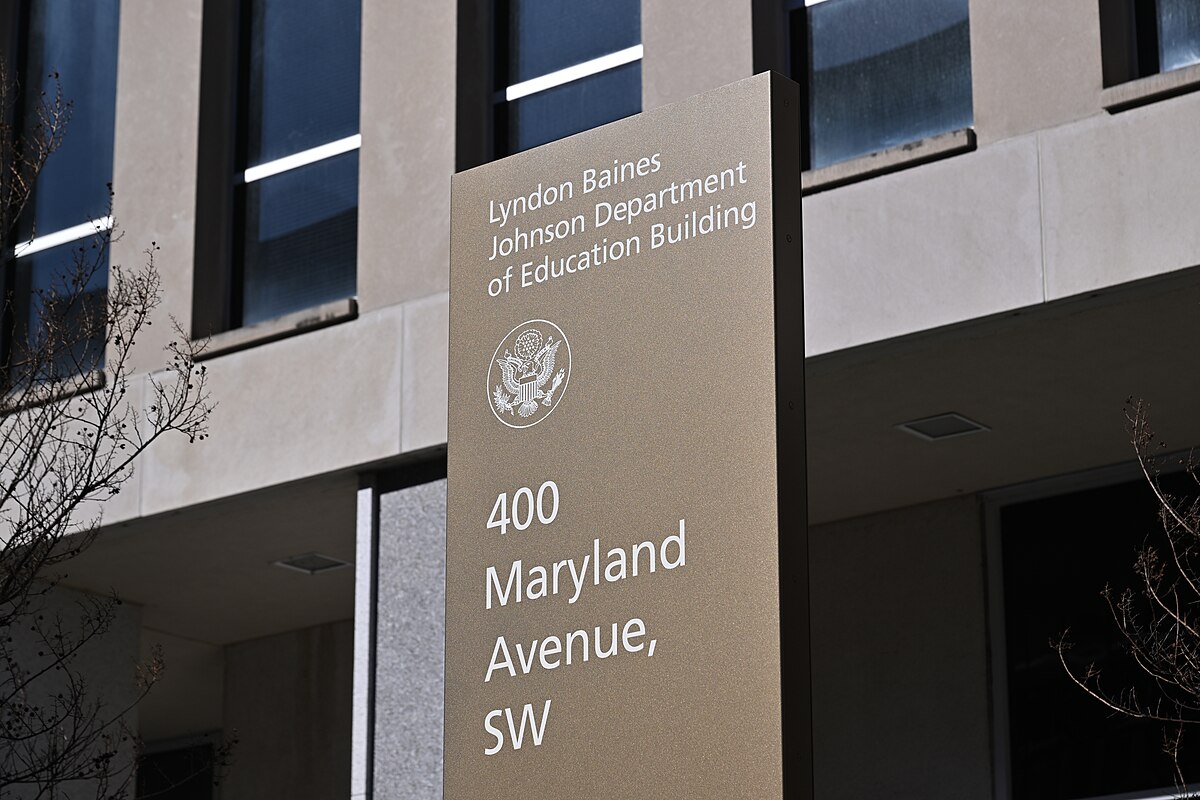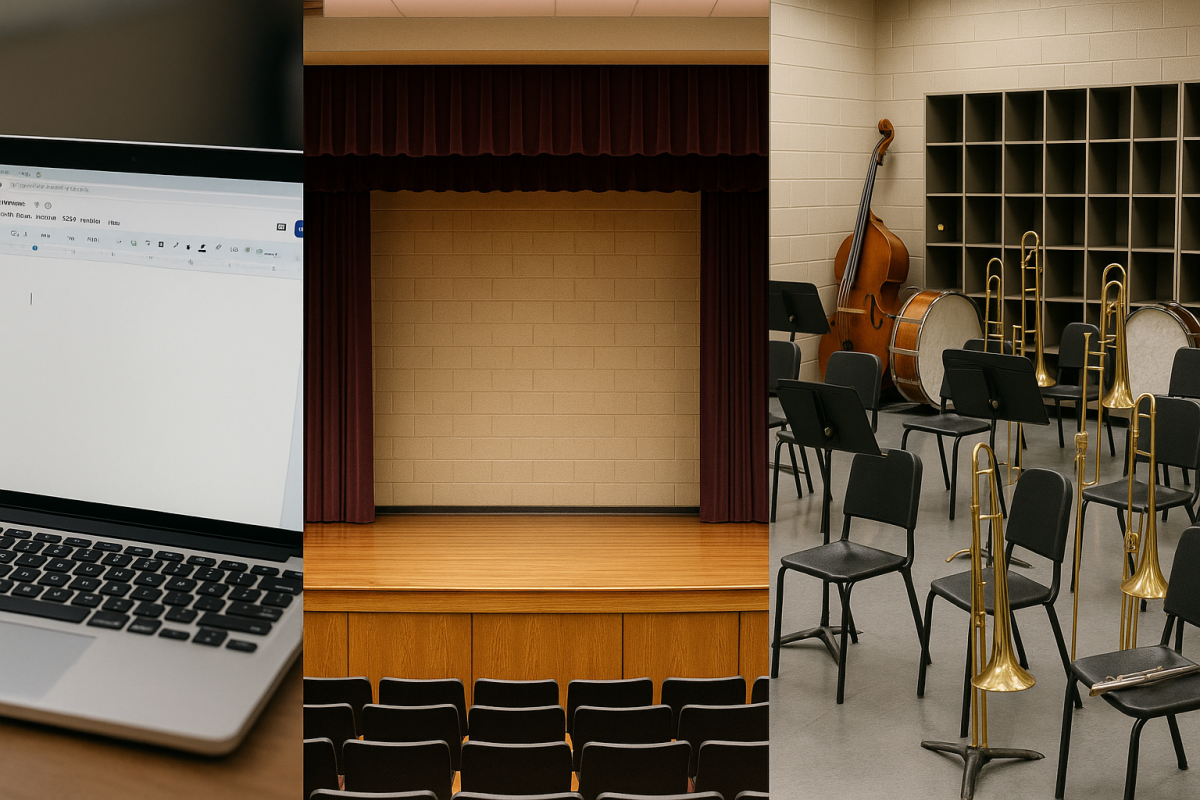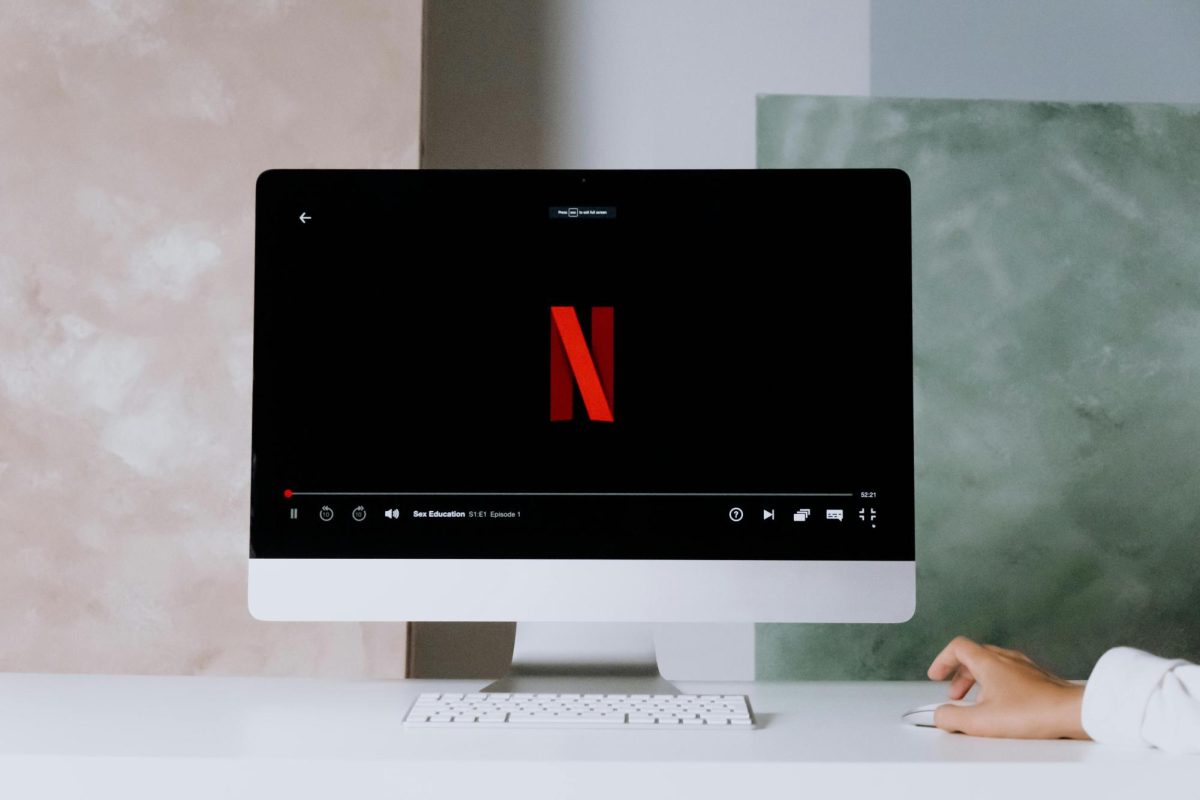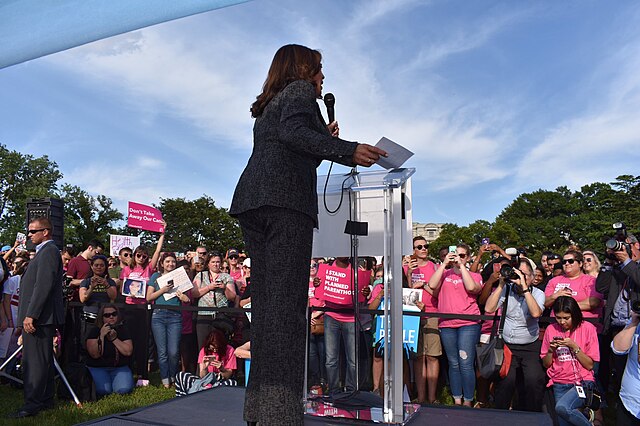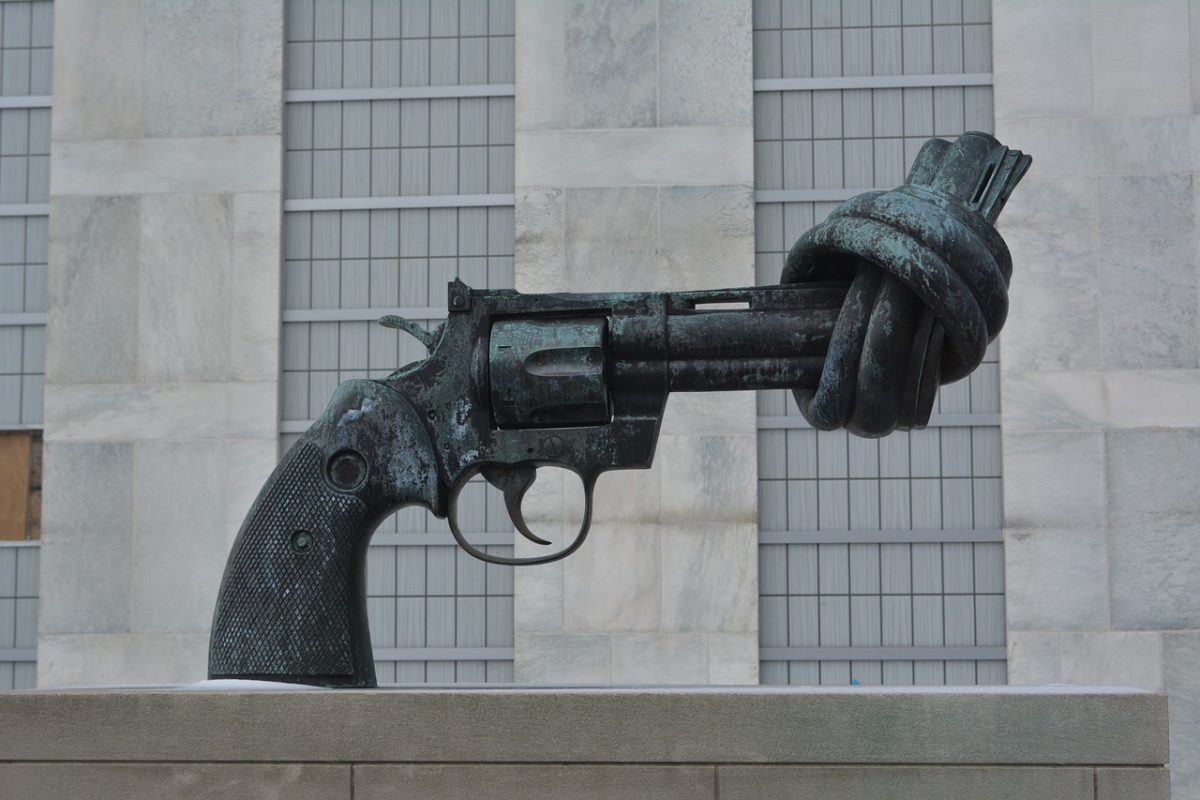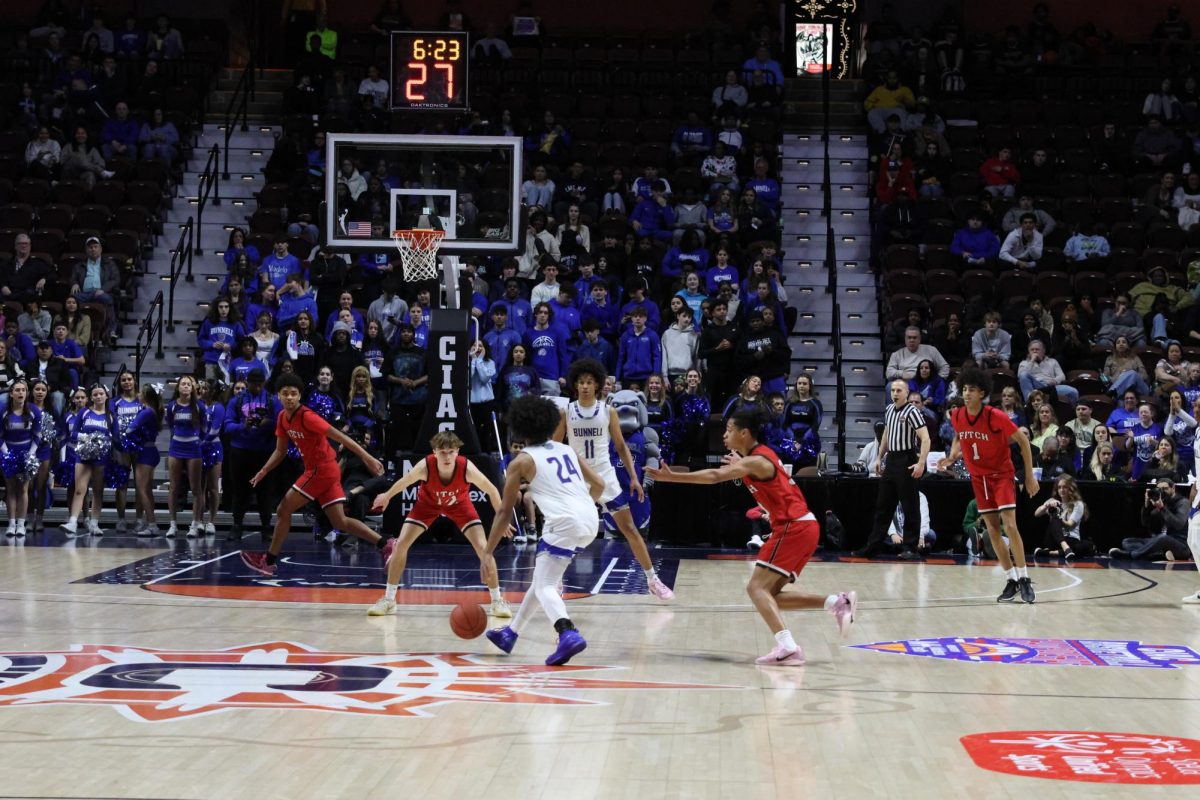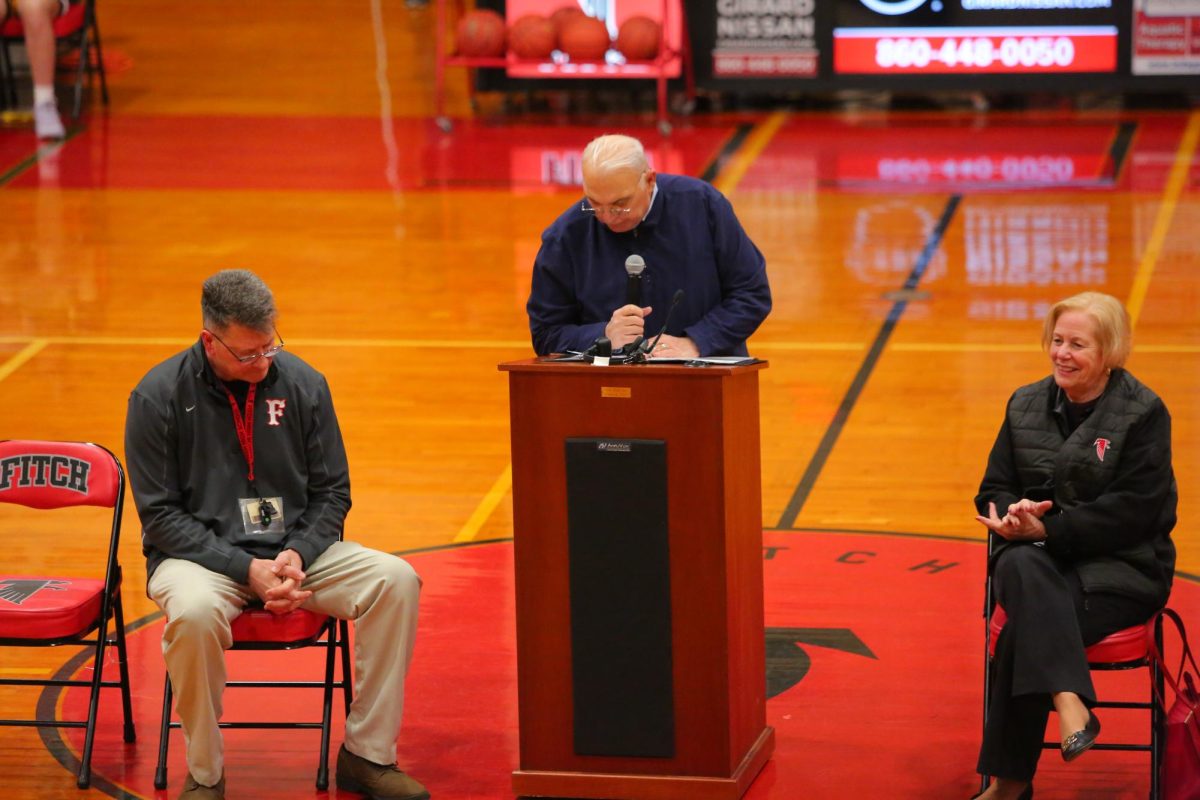Many people say that the “October Surprise,” important or shocking news one month before the general presidential election in November (that, according to conventional wisdom) shakes up the race, is one of the most critical elements in an election season. This belief is the most widespread mythologies surrounding elections and it simply just isn’t as important as many make it out to be.
Given that we are under a month away from election day, it is only appropriate to discuss this phenomenon since it comes up a lot in the news around this time. The phrase can be traced back to the 1980s and has since increased in its mythic quality as virtually everyone in the nation is paying attention to the general election.
Examples include in 2020 when then-President Trump got COVID-19, and in 2016 when a 12-year-old video surfaced of Trump saying graphic details about his treatment of women. Due to the perceived importance of the “October Surprise,” pundits and those in the media have been paying particular attention to recent events this month in hopes that one of them could qualify as this year’s “October Surprise”. Potential candidates for said surprise were a port worker’s strike (which has since been negotiated to occur until after the election), the hurricanes ravaging across the Southeast, and finally the ongoing conflict in Gaza. The objective reality though is that despite all of these events being important and large in some way or another, they will have little impact on the upcoming election in November. This all comes down to the fact that when we look at the history of the “October Surprise” we can see that they have a minimal impact on how people will vote.
For starters, there is often disagreement among those in the media about what the “October Surprise” even is that election cycle, and typically there isn’t even only one big news story that could in theory impact the election. For instance, we mentioned that in 2016, the “October Surprise” for that year was the aforementioned leaked Trump tape. However, this is only actually half the picture. That October, then-Democratic nominee Hilary Clinton was caught in a scandal regarding her emails being leaked. In 2020, the October Surprise wasn’t JUST that Trump got COVID-19 during the peak of the pandemic, but also that his tax records were released following several years of citizens calling for them to be made public. This proves that despite the notion of the October Surprise being a single big news event, there typically happens to be a lot of medium to large stories happening around election time, not just one big one. It also proves that there isn’t a single “narrative” around an October surprise as depending on who you ask, there could be multiple, often-times conflicting, surprises happening all at once which doesn’t make it clear in what way how all these events affect the election. For instance, the Trump tape in 2016 could’ve helped Clinton, but her email scandal could’ve also hurt her at the same time, making it hard to judge in what way and how exactly they affect voters’ opinions and choices in the election, making the “October Surprise” a bad metric at judging these things.
Secondly, the “October Surprise” typically isn’t even the biggest election-altering news that breaks in the month leading up to Election Day. For something that would affect the election to the point it could alter the race, you would expect it to be a big news event but oftentimes it’s just barely a footnote. For instance, in a year with a global pandemic and widespread social unrest such as 2020, the president’s tax record being released seems small and unimportant in comparison. Similar things could be said about 2016 and 2024 as well.
Thirdly, and finally, the “October Surprise” of that cycle barely affects polling data. Despite polling not being as reliable as conventional wisdom suggests, it still is an important metric to judge the public’s sentiments towards candidates and more popular judges. So, as one would expect, if the October Surprise were that important, you would notice polling reflects that. However, it doesn’t. The RealClearPolitics average of polls in 2020 stayed very consistent throughout October and a similar trend can be seen in years past as well, not being impacted by that year’s surprise.
That firmly supports the fact that October Surprises, in fact, do not impact elections, at least not in a significant way that alters the results. With less than a month to go, multiple stories have broken that could affect voters’ choices, but with the polls showing both candidates essentially tied, the likelihood is that the opposite is true.


